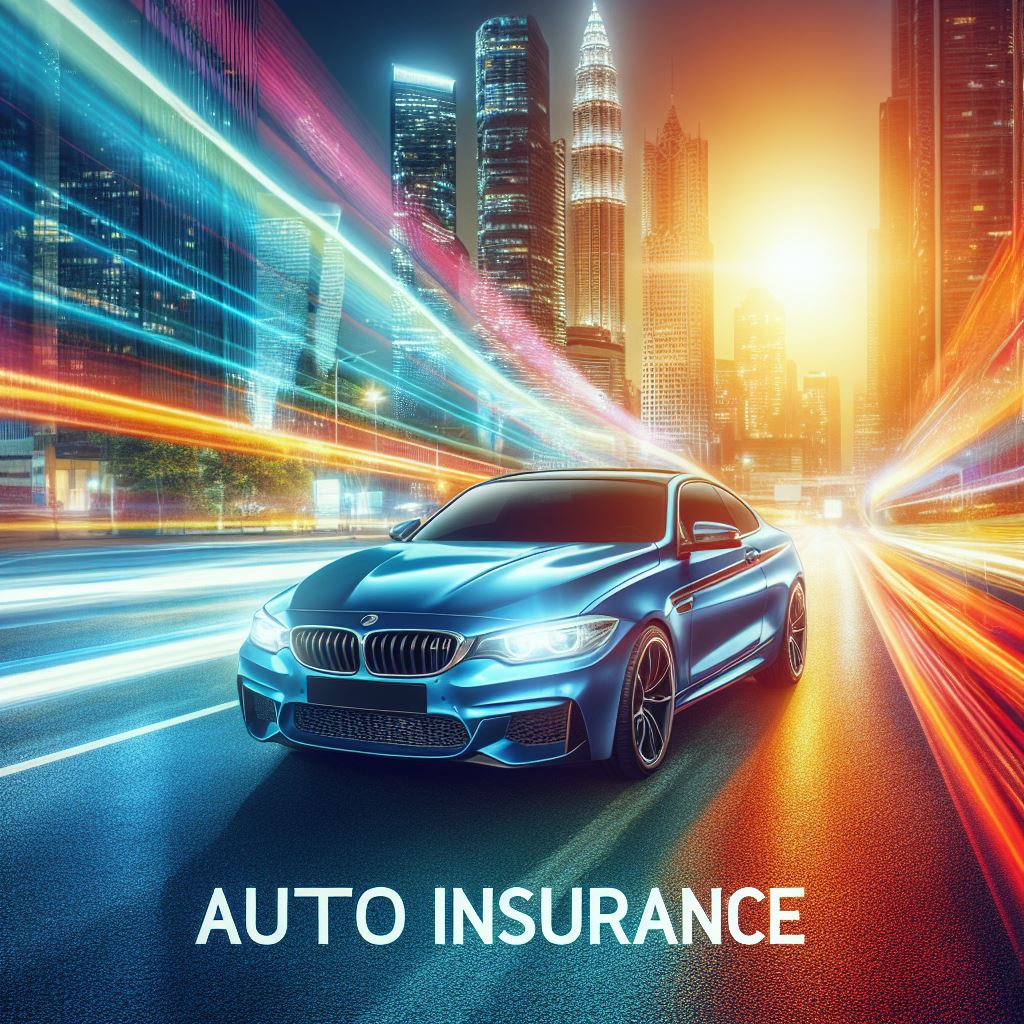
What Are the Emerging Trends in auto insurance st louis mo?
The landscape of auto insurance is continually evolving, driven by technological advancements, changing consumer preferences, and regulatory developments. In St. Louis, Missouri, several emerging trends are reshaping the auto insurance industry, influencing coverage options, pricing models, and customer experiences.
One prominent trend is the increasing adoption of usage-based insurance (UBI) and telematics technology. UBI programs utilize data collected from telematics devices installed in vehicles to personalize insurance premiums based on individual driving behaviors. These devices track metrics such as mileage, speed, acceleration, and braking patterns, allowing insurers to offer more accurate and fair pricing to policyholders. As consumers seek more transparency and flexibility in their insurance coverage, UBI is becoming a popular choice for drivers in St. Louis looking to save money and tailor their policies to their specific needs.
Another emerging trend is the growing emphasis on digitalization and customer engagement. Cheap car insurance St Louis companies are investing in digital platforms, mobile apps, and online tools to streamline the insurance experience, from purchasing policies to filing claims. By offering convenient self-service options and personalized interactions, insurers aim to enhance customer satisfaction and loyalty in an increasingly competitive market.
Furthermore, the rise of electric and autonomous vehicles is driving innovation in auto insurance. Insurers are exploring new coverage options and risk assessment models to address the unique challenges and opportunities presented by these emerging technologies. From coverage for advanced driver assistance systems to liability considerations for autonomous vehicles, insurers in St. Louis are adapting their offerings to accommodate the changing automotive landscape.